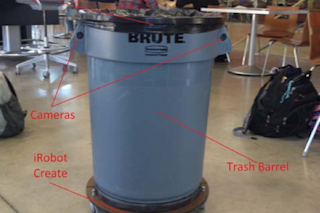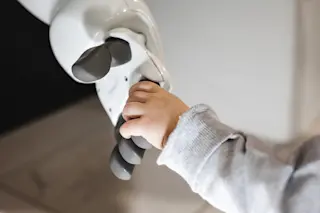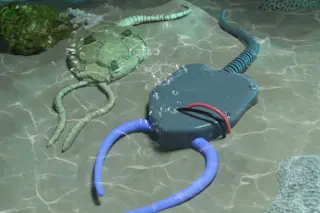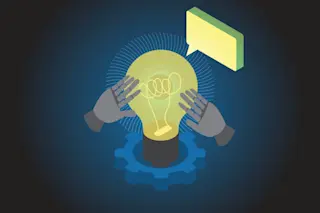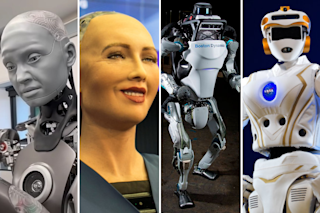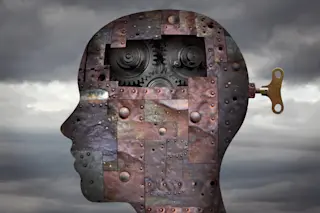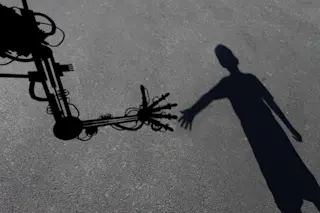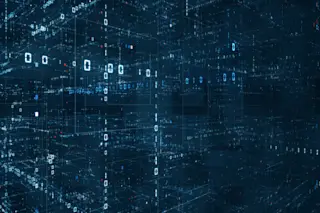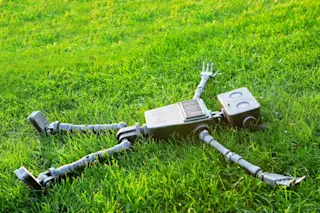Credit: Stanford University Pity the trash can robot. When it tried to offer its services as a waste receptacle in a Stanford University cafeteria, some people pointedly ignored the robot despite its attempts to get their attention. One person even gave the trash robot a kick to move it along. Unlike the protocol droid C-3PO from "Star Wars," the trash can robot took its abuse in good stride rather than blurting out "How rude!" The trash robot represented part of a Stanford University experiment designed to test how people interact with robots in a more natural setting outside the lab. Such information could prove valuable as human designers try to create more sophisticated robots capable of reading human social signals. A kick from a person represents an obvious social signal to "go away." But Stanford researchers, working with a colleague from the University of Southern Denmark, found that the majority ...
Even Trash Can Robots Need Social Skills
Discover insights from a Stanford University experiment on human robot interaction, revealing how we respond to service robots' behaviors.
More on Discover
Stay Curious
SubscribeTo The Magazine
Save up to 40% off the cover price when you subscribe to Discover magazine.
Subscribe

